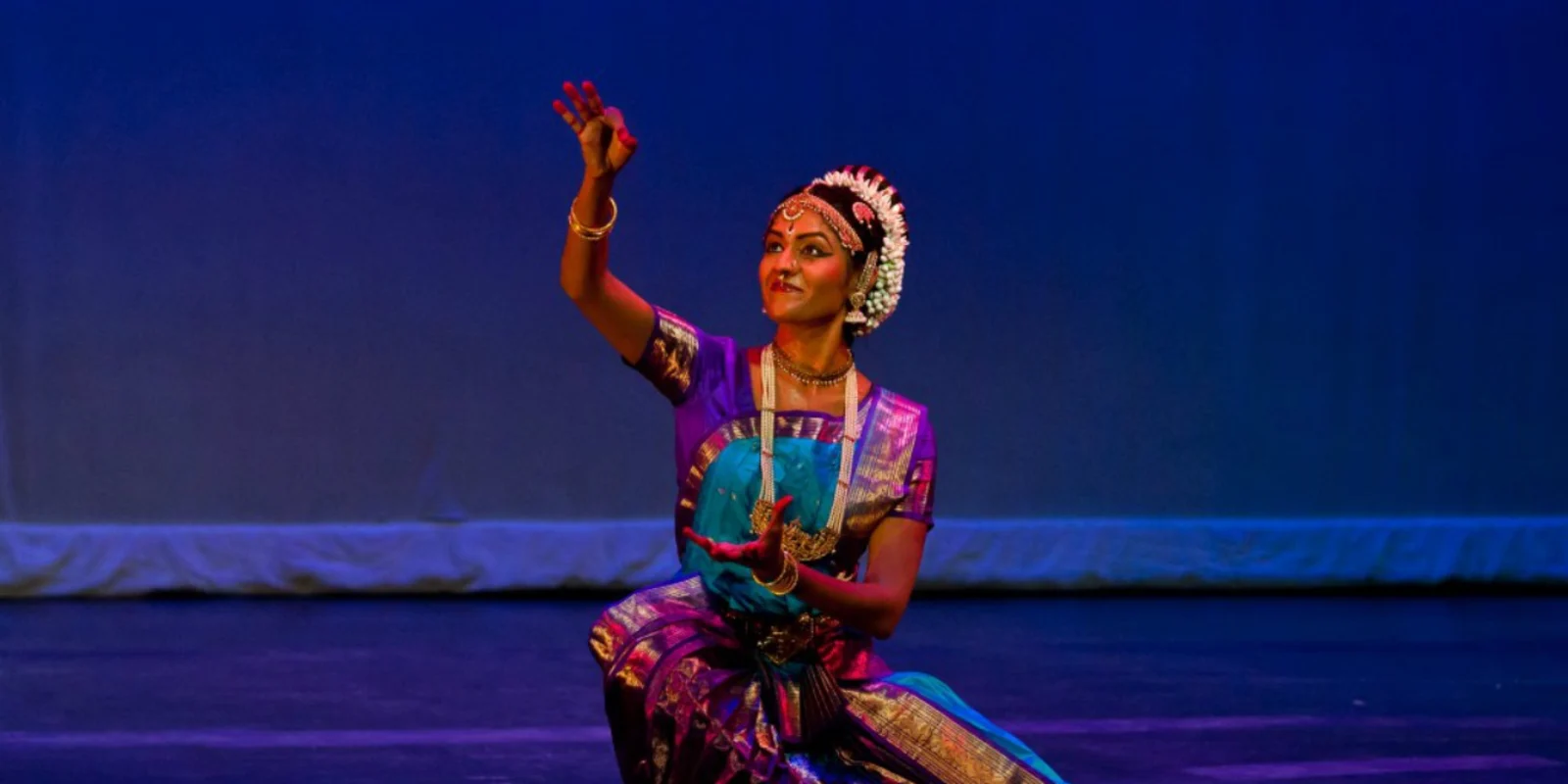
Name: Shilpa Darivemula
School: Albany Medical College
Year: Fourth Year
1. What is your #1 study tip?
Draw it out — pathways, physiology, and clinical decision making processes!
2. How do you keep yourself motivated or get out of study ruts?
Taking tea breaks.
3. What unique extracurriculars do you pursue outside of medicine?
I use clinical situations to choreograph Kuchipudi dances to explore the ethical questions they bring up through performance. I am the founder of the Aseemkala Initiative, which uses classical and traditional dances to narrate stories of women in medicine. We have performed in several dance festivals , published in the Association of Women Surgeons blog, and presented at the national AMWA conference.
4. Who are your mentors?
Anuradha Nehru, Kishore Mosalikanti, Sasikala Penumarthy, Paul Burcher MD, PhD, Jonathan Rosen, MD, Ann Rutter, MD, MS
5. What book would you recommend to all medical students?
Cutting for Stone by Varghese.
6. What would you been doing if you weren’t in medical school?
Dancer and Choreographer
7. What is the most important lesson you’ve learned so far in medical school?
El médico busca lo que sabe y encuentra lo que busca
“The physician looks for what they know and discovers what they look for.”
I heard this quote from Dr. Santiago Cabrera of San Bartolome Hospital.
El médico que sabe solo medicina ni sabe medicina.
“The physician who knows only medicine does not even begin to know medicine.” I heard this quote from Dr. Adelita Hijar Sifuentes.
8. What was your most memorable “first” experience in medical school?
Meeting my first patient and first teacher in the cadaver lab. Our anatomy team called him James. His fingers were long and roughed by years of hard manual work. His 80 year old body lay upon the steel table. We spent a year with James, learning about his story through understanding his vessels, his organs, and his nerves. He gave us a beautiful gift of gratitude and knowledge — gratitude for his selfless act of teaching us and knowledge to carry forwards for many patients to come.
9. Did you do any away rotations?
Yes- San Bartolome in Lima Peru. I worked with Dr. Santiago Cabrera-Ramos for four weeks at San Bartolome Hospital in inner Lima city. I told him I wanted to work “like an intern” and he smiled and said, “Si quieres…”. Before I knew it, I was learning to use partograms to intermittently monitor a room full of laboring patients, participating in rounds in Spanish, and joining my intern companions on their guardias, or night calls. I remember coming home exhausted and thrilled, inspired by the kindness of the patients and the clinical acumen of the physicians. Despite the long hard hours, I was humbled by the patience and kindness the interns and residents showed one another. It was an incredible experience.
10. What is the best advice a resident/attending gave you?
Focus on the medicine and not on the drama.
11. Do you have any tips for being on-call?
Eat healthy food, drink water, and breathe through difficult moments or exhaustion. You will find that you have more energy this way.
12. What patient will you never forget?
We met a patient in Pediatrics who had a constellation of symptoms and signs, but was never given a diagnosis. Her mother was upset that no one could give her a clear answer. I decided to research her case and found several articles on the variant presentations of DiGeorge Syndrome. The attending and I reviewed the articles together. He and I were then able to give her mother a name for her daughter’s condition and with that, peace of mind knowing what she was dealing with. I learned two lessons. The first is the importance of staying curious and looking for answers even if it seems impossible. The second is the importance of understanding that disease is as diverse as the patients it inhabits; just because a majority of cases present one way does not mean that it is the only way.
13. How did you decide what specialty to pursue?
My love of women’s rights, surgery, primary care, and medical ethics made OB/GYN a clear choice.
14. What has been your most gratifying moment of medical school?
The most gratifying moment for me was realizing that I am close to leaving it whole, centered, and stronger than I entered it, with a humbling knowledge that I am capable of doing good work and being better every day going forward. My greatest fear was that medical school would take things from me. Realizing that it gave so much more to my life and empowered my sense of self leaves me with profound gratitude for the experience.






